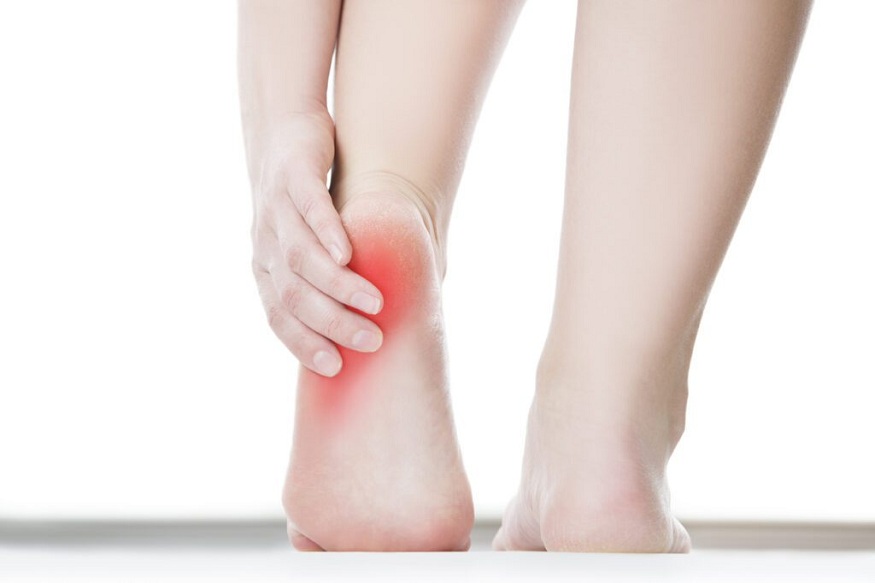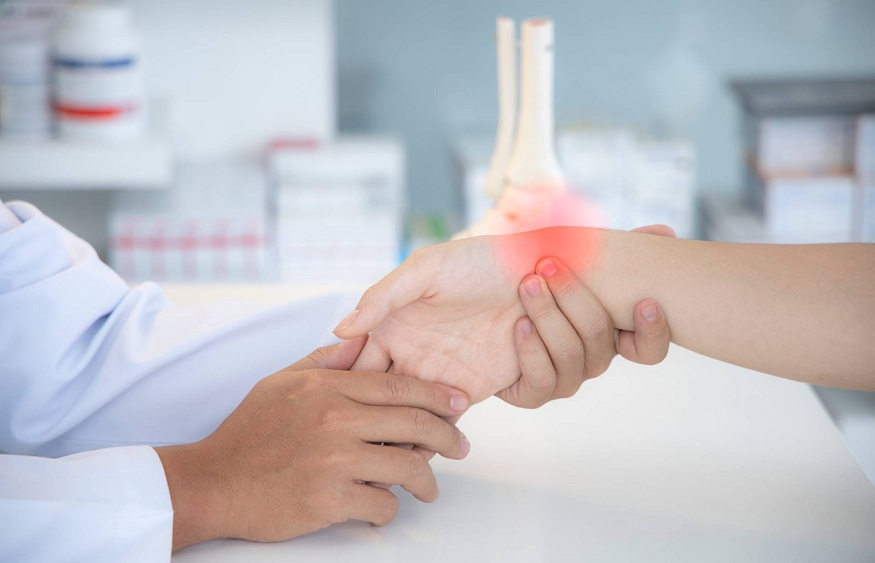Heel pain is a common issue that affects people of all ages. Whether it’s a sharp pain in the morning or discomfort after a long day, persistent heel pain should never be ignored. Early attention can prevent complications and the need for extensive heel pain treatment.
If left untreated, it may lead to chronic issues, making daily activities challenging and affecting the overall quality of life.
When Should You Be Concerned?
Mild heel pain may not always be a cause for concern, but certain warning signs should never be ignored. In case you are experiencing any of the following, maybe it’s time to seek professional help:
- Pain that worsens over time
- Swelling, redness, or warmth in the heel
- Difficulty in walking or bearing weight
- Heel pain that disrupts your sleep
- Pain that does not get better with rest or over-the-counter medications
Ignoring these signs can lead to severe problems that require advanced treatment. Consulting a specialist early can help identify the underlying cause and prevent long-term damage.
Common Causes of Heel Pain
Several factors contribute to heel pain, including:
- Plantar Fasciitis: Inflammation of the plantar fascia, a thick band of tissue that connects the heel to the toes.
- Achilles Tendinitis: Irritation of the Achilles tendon due to overuse or strain.
- Heel Spurs: Bony growths on the heel bone that can cause pain while walking or standing.
- Stress Fractures: Small cracks in the bone caused by repetitive stress or trauma.
- Bursitis: inflammation of the bursa, a fluid-filled sac that acts as a heel cushion.
Each of these conditions requires appropriate heel pain remedies to ensure long-term relief and prevent further complications.
Effective Heel Pain Remedies
If you are experiencing persistent heel pain, several remedies can help provide relief:
- Rest and Ice Therapy: Resting your feet and applying ice packs can reduce swelling and pain.
- Stretching Exercises: Gentle stretches for the foot and calf muscles can improve flexibility and reduce pain.
- Proper Footwear: Wearing supportive shoes with proper cushioning can prevent further strain.
- Orthotic Inserts: Customized shoe inserts can provide additional support and reduce heel pressure.
- Physical Therapy for Heel Pain: Targeted exercises and therapies can strengthen the foot muscles and improve mobility.
- Massage Therapy: Massaging the affected area can promote blood circulation and relieve pain.
Seeking therapy for heel pain early can help prevent the need for more invasive treatments.
When to Seek Professional Help
If home remedies fail to provide relief, it may be time to consult a specialist. Medical intervention may include:
- Anti-inflammatory Medications: To reduce pain and swelling.
- Physical Therapy: To improve mobility and strengthen foot muscles.
- Steroid Injections: To reduce inflammation and provide pain relief.
- Surgical Intervention: In rare cases, surgery may be needed for severe conditions.
Finding the right doctor is essential for effective heel pain and treatment. Consulting experienced specialists can help diagnose the root cause and recommend the best course of action.
Finding the Right Medical Facility
For those seeking expert care, choosing the best hospital in Patna is crucial for effective diagnosis and treatment. A reputable hospital will offer advanced diagnostic tools, experienced specialists, and comprehensive treatment plans tailored to your needs. Checking patient reviews and hospital ratings can also help ensure that you receive the best possible care.
Preventing Heel Pain
Prevention is always better than cure. Here are some simple steps to keep heel pain at bay:
- Maintain a Healthy Weight: Excess weight can put pressure on the heels and cause discomfort.
- Stretch Regularly: Simple foot and calf stretches can improve flexibility and reduce strain.
- Avoid Walking Barefoot on Hard Surfaces: Walking without proper footwear can increase heel stress.
- Choose the Right Footwear: Supportive shoes with good cushioning can help prevent heel pain.
- Stay Active, But Don’t Overdo It: Engaging in physical activity is important, but excessive strain on the feet should be avoided.
- Listen to Your Body: If you notice discomfort, take breaks and avoid activities that worsen the pain.
Alternative Therapies for Heel Pain
Besides conventional treatments, some people find relief through alternative therapies. These include:
- Acupuncture: Inserting fine needles into specific pressure points to relieve pain.
- Chiropractic Care: Adjustments and manual therapy to improve foot alignment.
- Herbal Remedies: Natural supplements such as turmeric, ginger, and omega-3 fatty acids that have anti-inflammatory properties.
- Hydrotherapy: Using water-based treatments such as hot and cold baths to relieve heel pain and improve circulation.
While alternative therapies can be beneficial, it is important to consult a healthcare provider before trying them.
Conclusion
Ignoring heel pain can lead to long-term complications, making daily activities difficult. Whether you need heel pain treatment, early intervention is key to preventing chronic pain. If you’re experiencing persistent discomfort, consult a specialist to get the right diagnosis and treatment plan. Take action today to ensure that you can move without pain and live a better quality of life!




